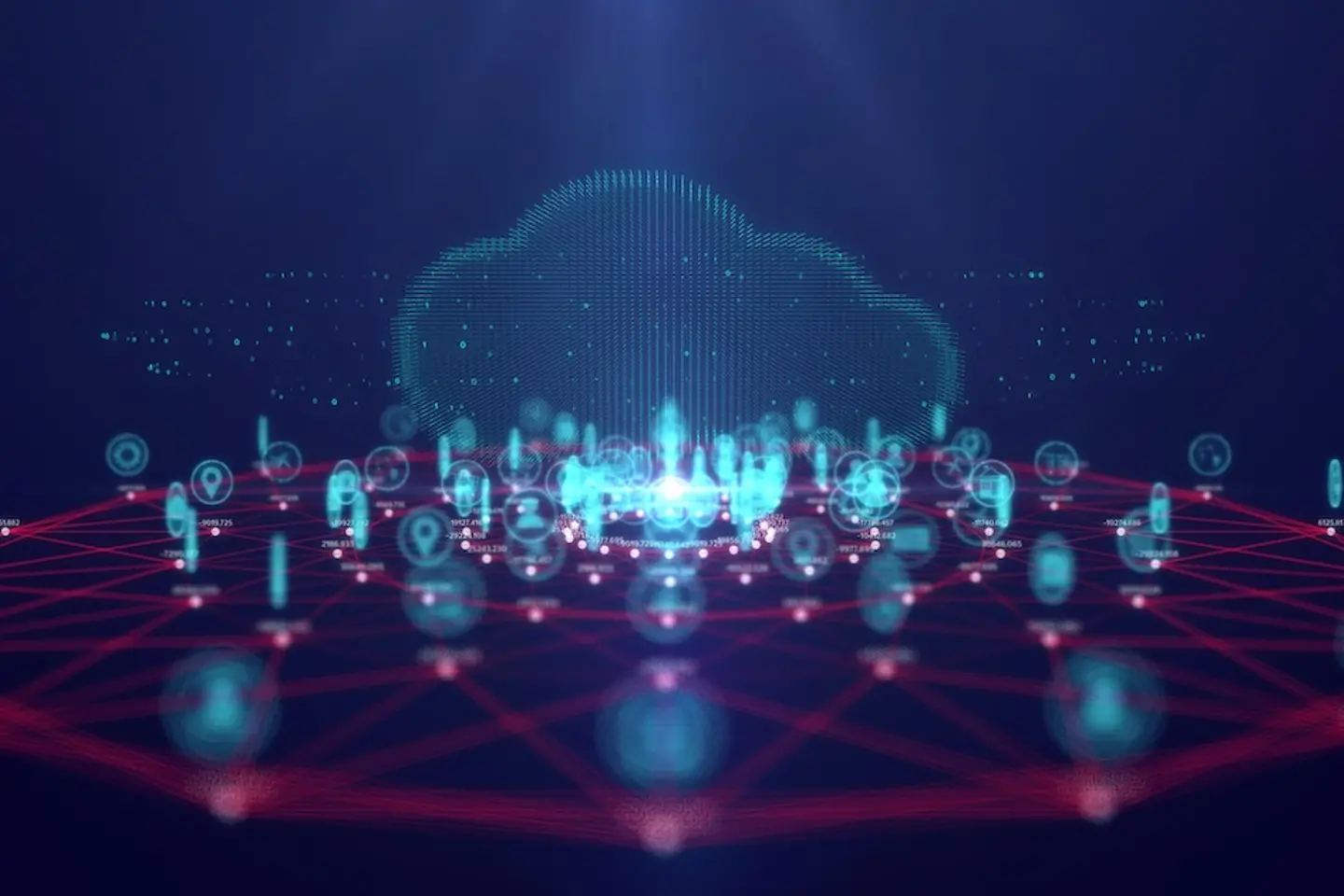

The operation of the platform, based on cloud computing principles, not only allows rapid capacity upscaling and assures business continuity, but also creates a forward-looking foundation for positioning the company under the “new normal”. Employees gain a high degree of independence from their stationary office workplaces and can choose their own devices. At the same time, the architecture guarantees the highest security and privacy standards. All data remains in the protected corporate network.
With the matching pay-as-you-use model, the chemicals group faces no financial risk. Capacities can be used and returned at short notice, on demand, and are paid for accordingly.
With this pioneering concept, T-Systems has proven its expertise in the short-term provisioning of workplace systems.
Klaus Friemann, Project Manager, T-Systems

In the spring of 2020, COVID-19 was an unexpected blow to many economies. Only very few companies had provided for a global pandemic scenario in their risk and business continuity management. It wasn’t just that, around the world, demand collapsed in many industry sectors and global supply chains broke down – even the internal capability of many companies to act was put in question. Companies that had prepared for volatile business conditions with an agile setup had a clear advantage in this situation.
Once it became clear that many economies would be hit by a lockdown, a globally active chemicals group had to rethink its plans for business continuity management and take precautionary measures to ensure its international capacity to act – after all, ongoing processes like production planning, product delivery, invoicing, and salary payments had to be maintained. In T-Systems, the chemicals group had a partner at its side that could provide a dramatic increase in remote workplace capacities at short notice.

In addition to the business challenges, T-Systems faced the task of implementing the additional remote workplaces within the company’s multi-cloud strategy, which increased the degree of complexity for IT projects significantly. Different providers were responsible for identity management, the network, and applications operations, for example. T-Systems proposed using the existing Citrix-based platform for the virtual workplace systems as the foundation for expanding the capacities.
Since the employees’ respective workplaces and all their data were effectively hosted in the Microsoft Azure Cloud under the Citrix solution, any user devices – such as personal PCs – could also be used under this concept. With this BYOD (bring-your-own device) approach, T-Systems also solved the problem of lack of user devices at the same time. The Citrix platform supports secure use even on personal devices employed as workplace PCs because it strictly separates business and personal use. In just five days, T-Systems was able to provide the additional capacities needed for remote work. The provisioning not only included the virtual workplaces, but also the necessary application licenses.
The call-offs are made within a framework contract, which means in addition to the company being able to scale capacity up and down quickly on the technical side, the entire concept is based on a pay-as-you-use approach. Based on this project, T-Systems is now offering this solution on the market under the name “Future Port”. Among other features, it guarantees the legally compliant use of public cloud services, against the backdrop of the recent European Court of Justice ruling that invalidated the U.S. Privacy Shield.